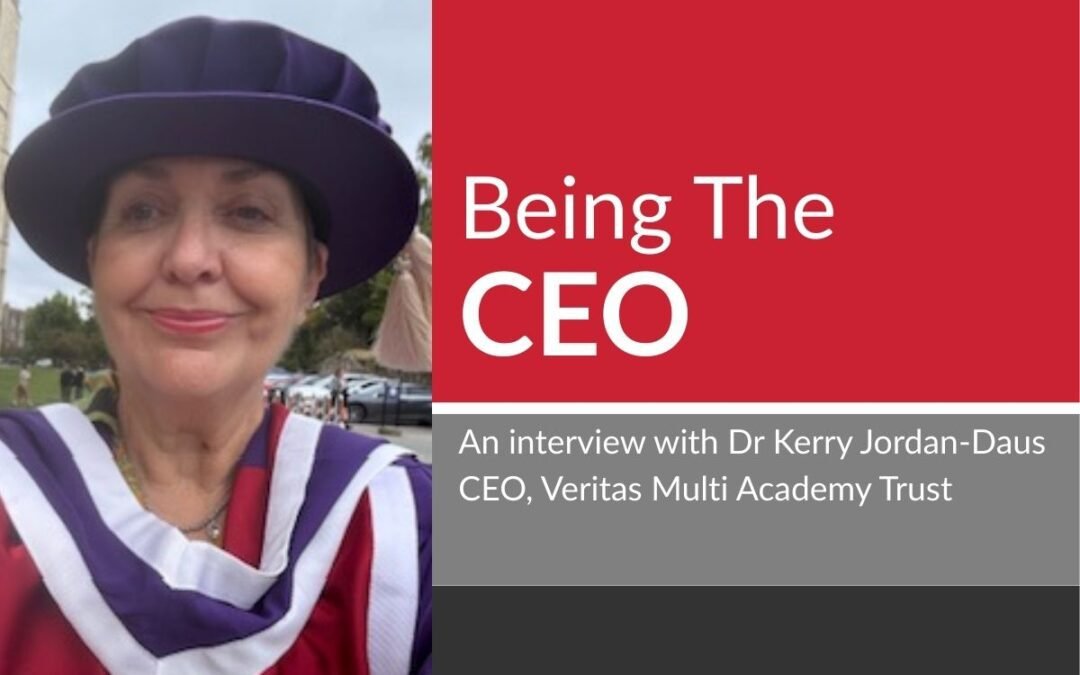Michael Pain
As we all come to terms with the very fluid situation around Co-VID19 and its impact on our society and economy, academy trusts and schools are having to adapt quickly and deftly, with very little in the way of specific guidance.
One area that is coming to the fore in all of this is the quality of corporate leadership available to headteachers and individual schools during these enormously challenging days. Whilst some heads are immediately able to draw on the support and expertise of a wide range of professionals, others, unfortunately, are feeling the enormous weight on their shoulders and the intense pressure of taking decisions in areas that are less familiar to them.
In recent weeks, facilities management and public relations has been of paramount importance. Ensuring our schools, staff and children and young people are aware of and supported to follow public health guidance to prevent the spread of the disease has been essential. Likewise, school leaders are now in the throws of ensuring that that parents and local stakeholders are informed of the measures being taken and what may, or may not, come next. There has never been a more important – yet more demanding – time for schools to be communicating and engaging with their local communities.
For individual headteachers of schools this is a big ask, yet it becomes a huge ask as soon as key staff need to self isolate. The inevitable need to take human resourcing decisions, in a very fluid context, is stressful at the best of times. Contingency planning and workforce modelling – especially in early years settings, becomes an enormous challenge, as does following fast evolving and changing guidance.
It is at this time that the quality and expertise of Chief Operating Officers, operational leaders and support staff comes into its own. Too often unfairly described as ‘back room’ support, in reality these leaders and their teams are – on a day to day basis – currently helping to alleviate much of the stress and decision making required of headteachers in more isolated or less-supported settings. Today, we have received numerous messages of how operational staff have been a ‘godsend’ and ‘our rock’. The benefits of being part of a supportive collaboration of heads and schools is obvious on a week to week basis. Now – even more than ever – headteachers are recognising how important high quality central support – often generated and made sustainable through collaborative models – is. Operational and corporate leadership, always essentially to getting things done, is also essential in a crisis.
If our schools close, it is very unlikely that the work will stop for our operations staff. The next stage will include an even greater demand to communicate with parents and carers, the need to deliver accessible and efficient online platforms for learning and sharing information, and the need to manage the legal and commercial implications of being closed. Those headteachers in supportive trusts with good corporate support will be able to focus much more on the crucial and unprecedented ‘business’ of learning and safeguarding of their pupils under highly unusual circumstances; and at a time when both will be under the spotlight and under strain like never before.
In normal times I describe the good COO as ‘the finger’ to the CEO’s ‘thumb’, working together in harmony to ensure vision and strategy are translated through the day to day operations and culture of the organisation. COOs will certainly need to have their CEO’s and their headteachers’ backs as the legal, HR, financial and technological implications of closure and ‘new ways of working’ come into full view. Leading expert Jennifer Geary sets out the kind of traits COOs need to demonstrate in unchartered territory:
“They need to be prepared to…
- Learn fast
- embrace new ideas and new disciplines
- apply their knowledge and wisdom to new contexts
- see common themes
- create a plan
- move quickly, reassuring your people along the way
You need to be the sort of person who can be dropped into an unholy mess, quickly make sense of it, see key issues, discard distractions, clarify the way forward, develop a plan and get people executing it, fast.”
This resonates so much right now.
Indeed, COOs and operational leaders will, to a large extent, also act as guardians of the values and culture when unprecedented operational decisions need to be taken, and where the pressure to get it right is intense. Many will find themselves doing even more in the way of advising and supporting board members, whilst modelling the right kind of leadership across the organisation and with external stakeholders.
The support and expertise of our operational leaders will make an enormous difference to our children and young people in the coming weeks. To those trusts and schools that don’t have this support or capacity, I urge you to see how those with it can help.


